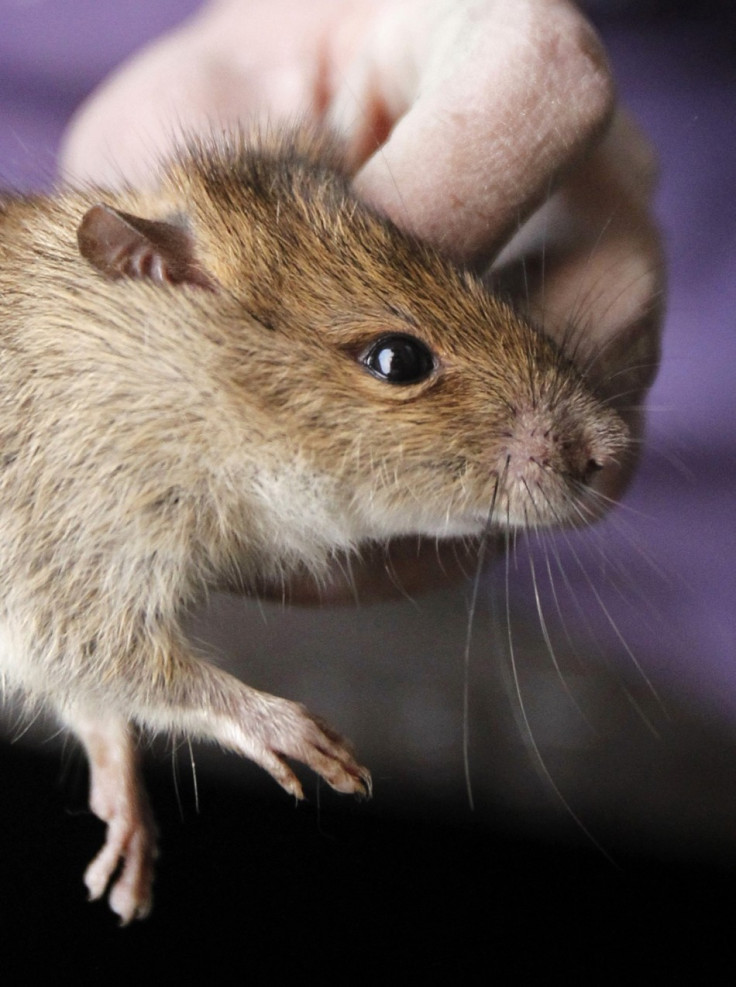Trained Rats Sniff Out Crime for Dutch Police

Dutch police have enlisted unconventional help to help them sniff out crime: a team of specially trained rats.
Derrick, Magnum and Poirot, and Thomson and Thompson - all named after fictional detectives - have been specially trained by police inspector Monique Hamerslag and Mark Wiebes, head of the police "innovation" centre in Rotterdam to detect a range of smells, from gunpowder to drugs.
Speaking to AFP, Wiebes said, "As far as we know we're the first in the world to train rats to be used in police investigations".
Hamerslag had the idea to train rats for police work as a recruit, after seeing the rodents used to detect landmines in Tanzania.
The team is kept in a laboratory and tea strainers containing a number of substances are placed in their cages. When a rat successfully picks out one containing, for example, gunpowder traces, it is rewarded with a sunflower seed to eat.
Costing only £8 each, rats are cheaper than police dogs, and also less expensive to train.
Whereas it takes months and costs thousands to train a police dog, a police rat can be trained to identify a specific smell in about 15 days.
Hamerslag and Wiebes hope the rats will be ready for police work in about a year, and will be particularly useful in cases in which a suspect has been detained, and under Dutch law police have only hours to gather evidence to file a criminal charge before a suspect has to be released.
A rat would, for example, be able to detect traces of gunpowder on a specific area of a suspect's clothing in minutes, allowing forensics teams to focus their work and scientifically verify its presence.
Because of their natural caution, rats could not be effectively released in a crime scene and left to sniff out evidence, meaning that police dogs are still vital part of the team.
"A dog is a natural predator, and so is not afraid to explore an unfamiliar place."
"On the other hand a dog couldn't live like a rat, spending their whole time in a small enclosed space, he'd get bored," said Wiebes.
Rats that live a relatively "boring" life in isolation are most useful for police work, he said, as they are able to identify smells on samples officers bring them more quickly.
"It's best to bring the smell to the rats and not the other way round," said Hamerslag. "That means we have to take samples and bring them to where the rats live."
Around the world, police forces have enlisted some surprising recruits to help them with their work.
In Japan, police in Kyoto Prefecture enlisted the help of a cat called Lemon to help them comfort victims of crime. US police have used bees to help them detect traces of explosive, using the same sensors that allow them to find minute bits of pollen.
© Copyright IBTimes 2025. All rights reserved.






















